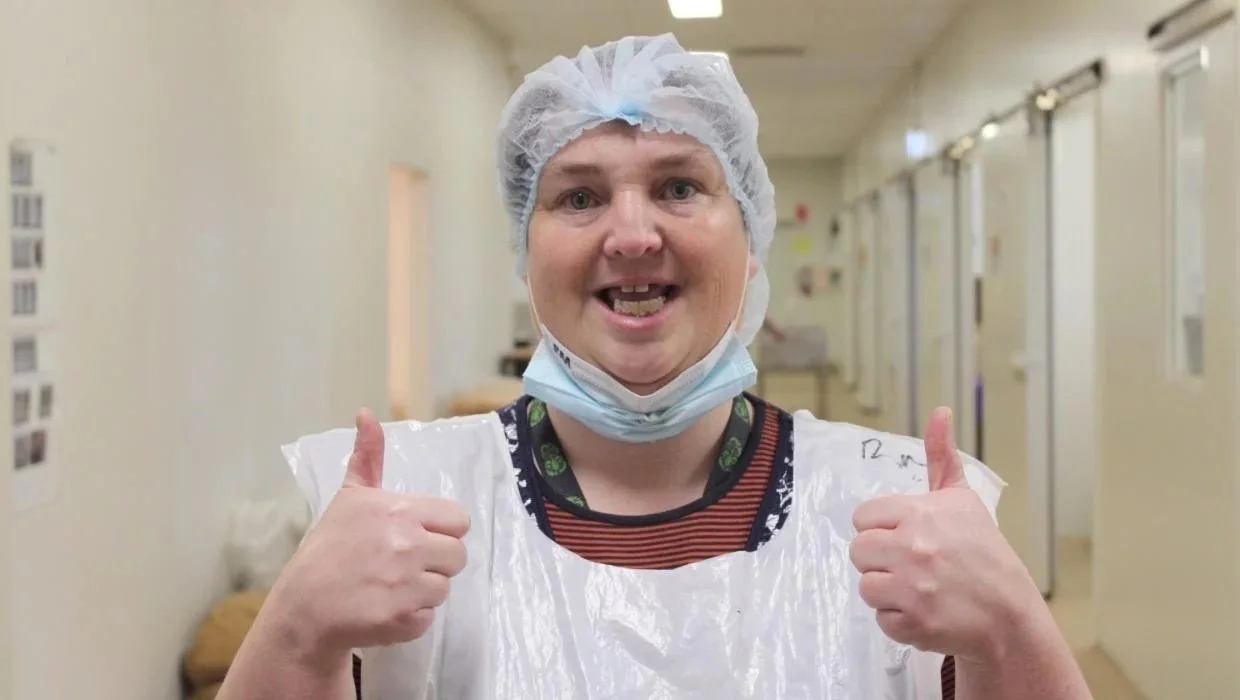'Willanthropy' proving to be a lifeline for local charities
Story by Maddy Croad, originally posted on The Press here
The idea of bequeathing money to an organisation when you die may conjure thoughts of the uber-wealthy, leaving millions behind in exchange for having a building named after them.
But new research suggests that bequeaths may be much more commonplace.
Dubbed ”willanthropy“ by Public Trust, the practice of gifting money to a charity when a person dies has seen a noticeable uptick in recent years.
Sebastian Wilberforce, a specialist trustee at Public Trust, said about 8% of wills now included gifts for charity. The average size of a gift is $10,000.
“The most generous people are those who are just ordinary people who you would see on the street, most people can’t afford a sizeable donation in their lifetime but when they’ve died and no longer need their assets, that’s when they can be generous,” he said.
Kilmarnock Enterprises couldn’t have stayed afloat without “willanthropy”.
The organisation currently supports 70 Kiwis with intellectual disabilities, providing training, employment and guidance to help them enter the workforce.
Some of its income comes from contracts it has with companies like Nutrient Rescue, which pays Kilmarnock to package its products.
Otherwise, staff cross their fingers and hope for sponsorships or grants.
But now, and especially in the past few years, donations have been coming in from those gifting money when they die, with donations and bequeaths to Kilmarnock now worth about $200,000 annually.
Kilmarnock chief executive Michael Toothill remembered the day they received their biggest bequest.
At $100,000, it blew him away.
“It’s the best surprise, the best gift ever and [there was a] sense of relief and pressure that was lifted when we received that gift.”
Five years ago, Kilmarnock would have had to close its doors if it hadn’t been for the sponsors, grants and bequests it received.
“We hit the ropes. Covid came soon after and that’s when you really fall back on those who support you. Without that we would have gone under.
“With 60 years of history and a factory full of employees and colleagues, it would have just been the worst thing ever.”
Each person Kilmarnock helps can take part in courses from Ara. They are given classes on physical health, how to eat well, mental health, yoga and boxing classes, and formal training.
They are also paid wages in combination with their benefits.
Last week, Rachel Meads marked her 25th year at Kilmarnock.
She works in the food room, packaging and weighing spices.
She was part of the first group that went through the training courses at Ara, and couldn’t wait to go to work each day.
“I’ve made a lot of friends and I just absolutely love it,” she said.
Others moved on to other jobs after Kilmarnock, to work at places like cafeterias or concrete, window framing and cleaning companies.
Public Trust is raising awareness about “willanthropy” as part of Wills Week, which runs from July 15 to 21.
